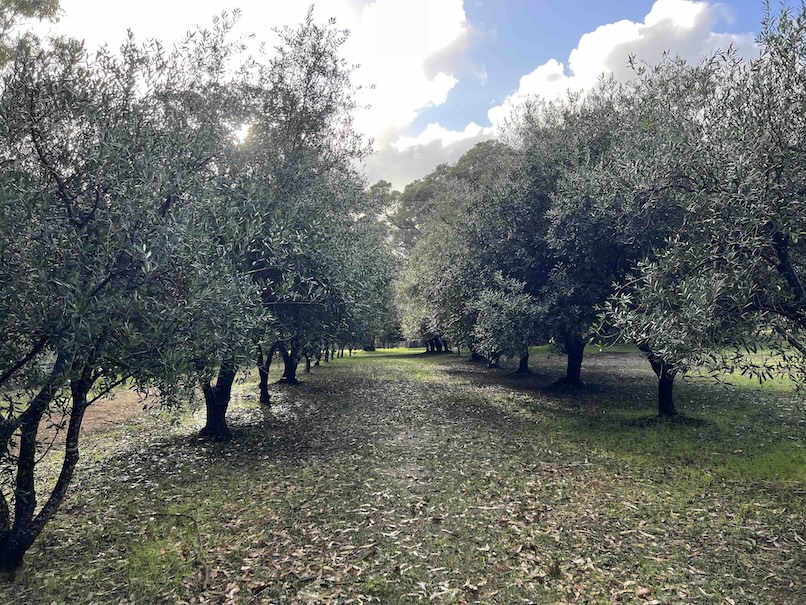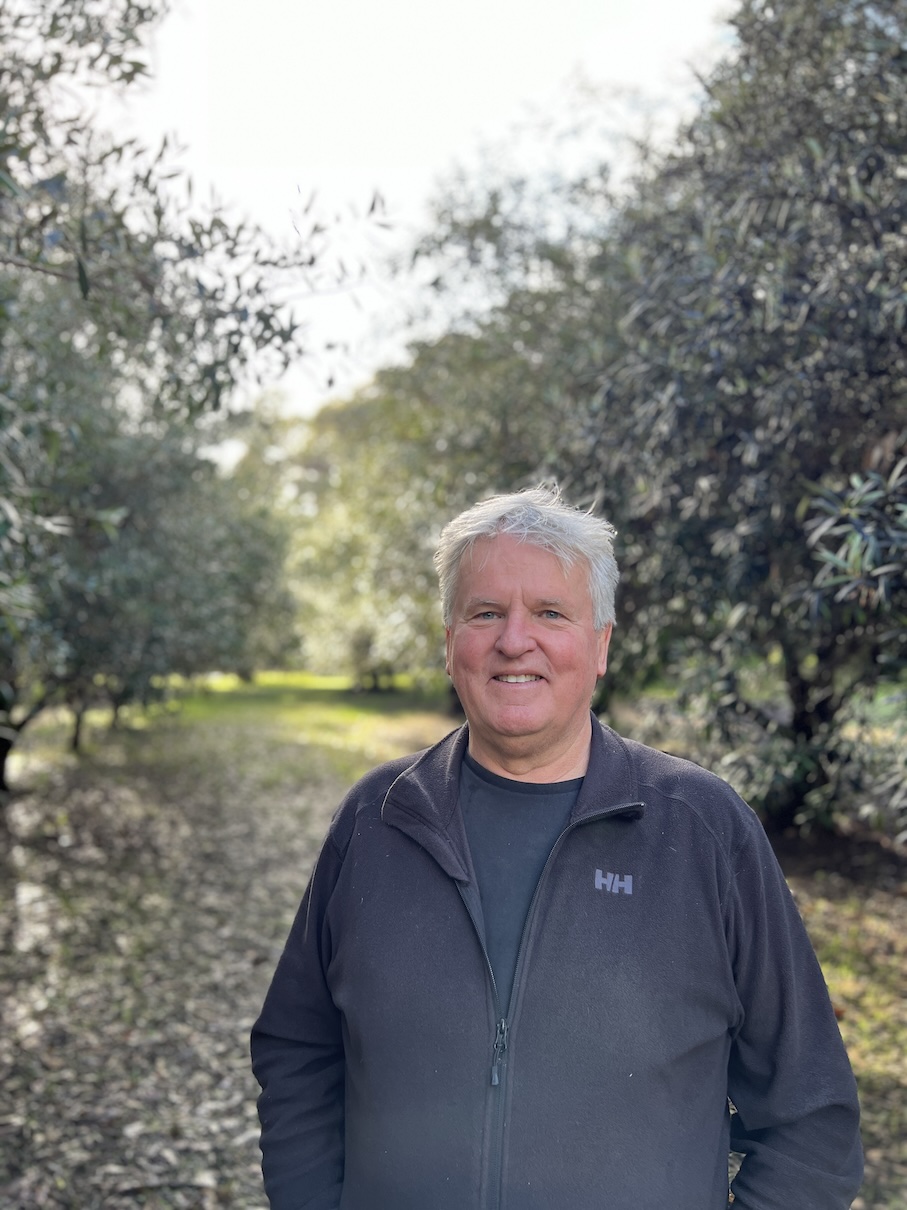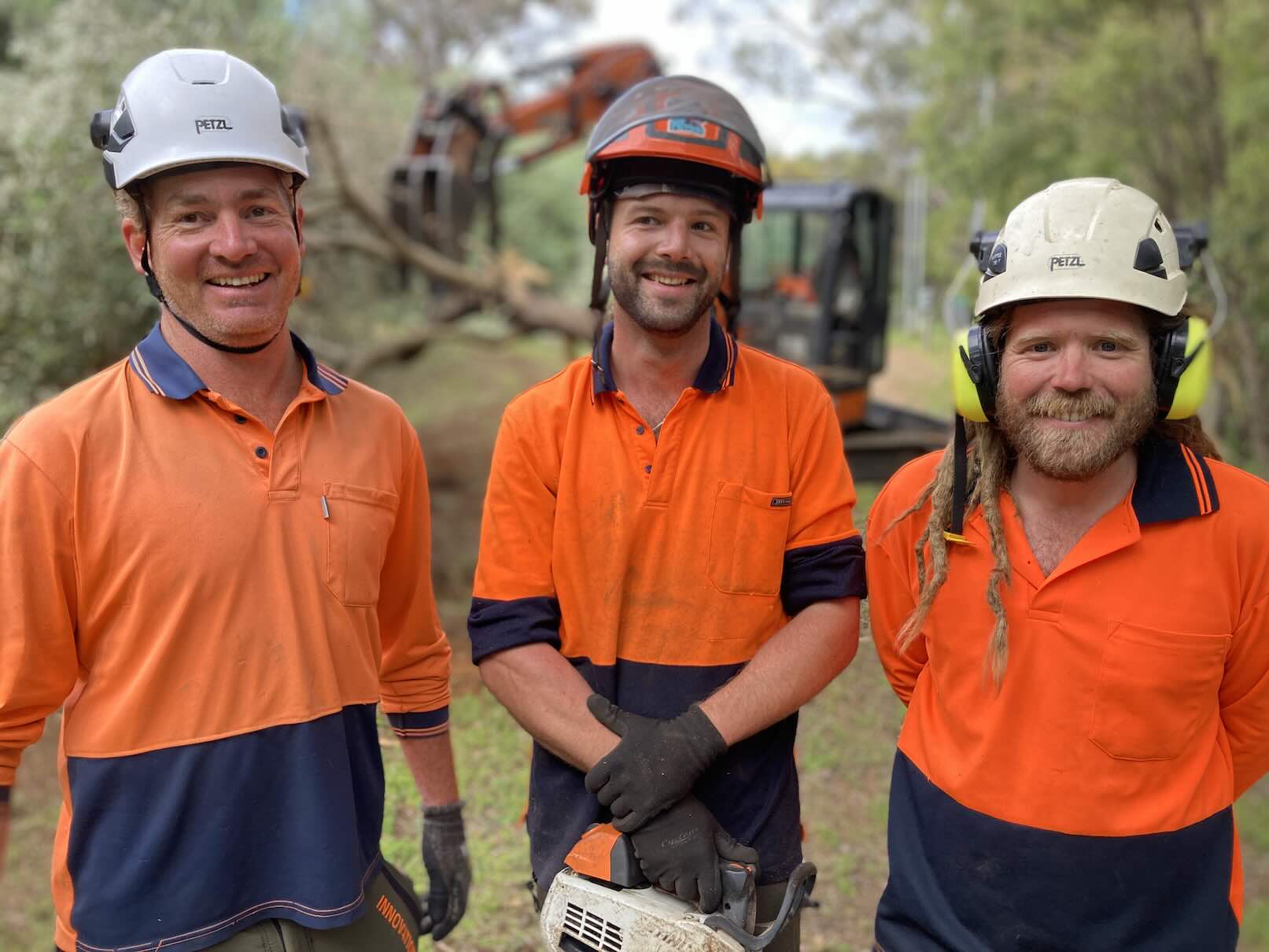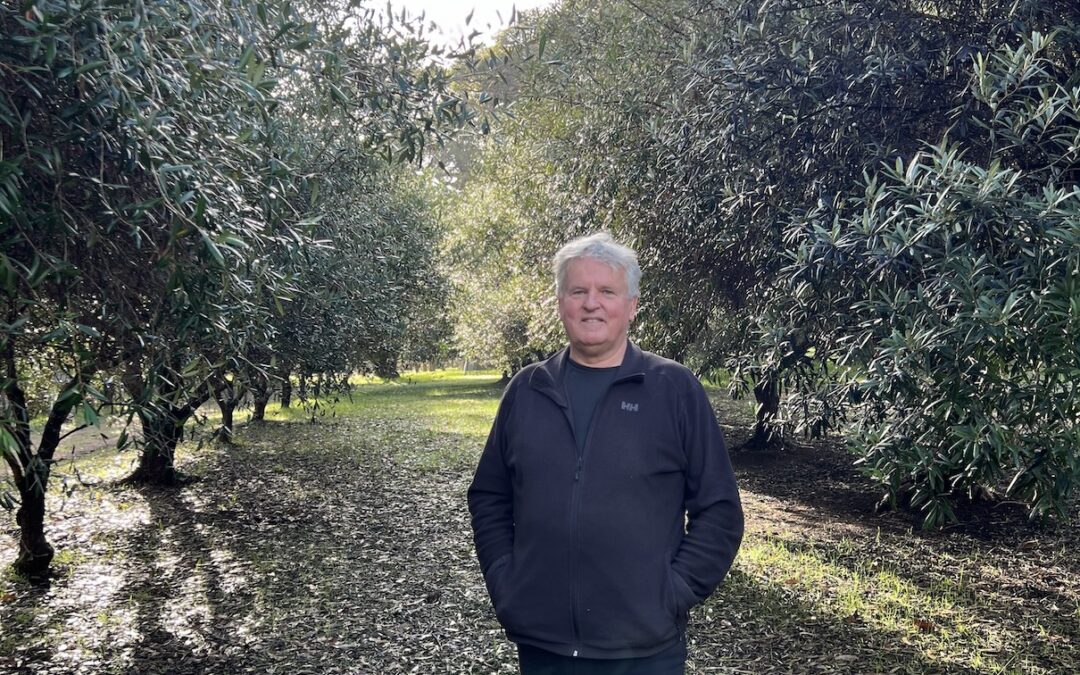Olives are a popular garden plant grown for their fruit and draught tolerance, but Nature Conservation Margaret River Region is warning the Mediterranean species is becoming a problem weed in our bush.
Local birdlife has adapted to feed on olives and the seed is easily spread to nearby reserves and national parks, where the trees can quickly establish and thrive in our climate – reproducing and outcompeting native trees that belong here. They are also oil-rich, making them highly flammable and a major bushfire hazard.
“We know that olives are a treasured garden plant for many people and an important tree crop in the Margaret River region,” said Nature Conservation’s woody weeds campaign coordinator Peta Lierich. “And of course, people love eating olives. But our message is that we need to be aware that these trees are becoming a real problem in the bush. They’re a strong competitor to native species, and can form new infestations in undisturbed plant communities. Meanwhile, olives love a warm dry climate and the spread of feral olives in our region is predicted to get worse as we experience climatic changes.”

Olive trees can become weeds and seed into nearby bushland
For landholders growing olives as ornamental trees – particularly on properties with bushland nearby – Nature Conservation recommends replacing them with native species that will benefit the ecosystem, such as hakea oleifolia or grevillea olivacea. For those growing olives for harvest, landholders can keep trees pruned and compact, pick fruit regularly when ripe, and net trees to reduce birds’ access to the fruit.In WA, the Urban Bushland Council of WA says olives are now a “significant problem in bushland”. That’s a sentiment echoed by bush regenerator and weed management contractor Rick Ensley, who said feral olives remained a “real menace”. “They’re extremely widespread and do particularly well around rivers and creeks,” he said. “Do not plant an olive tree unless you plan to net it and harvest the fruit.”
Redgate landholders Grant Johnston and Penny Bower this month decided to remove the olive grove they inherited when they bought the property almost two decades ago. They teamed up with Nature Conservation in a cost-sharing operation to remove the olives, with Glen Taylor and the team from South West Tree Services doing the removal work.

Landholder Grant Johnson decided to remove weedy olive trees from his Redgate property
“At one stage we got enthusiastic about the idea of harvesting olives and producing some olive oil. But the question of them being woody weeds and the potential for olives for spread out into national parks was on our mind,” said Grant.
“When we read about olives becoming a weed problem in the newspaper, we thought it was time to do the right thing and remove them. We felt duty bound to do it. Glen Taylor at South West Tree Services came and removed the lot. Now, we’ve got a nice pile of mulch and we’ll be planting some native trees.” His advice for other landholders is to “have a critical look at what you’re doing and be responsible”.

The team from South West Tree Services removing weedy olive trees
The spotlight on olives is part of Nature Conservation’s woody weeds campaign, which aims to help locals identify and remove problem weed trees and replace them with natives. If olives are spreading on your property, seedlings up to approximately 50 cm can usually be hand-pulled while larger trees should be cut and treated with herbicide to ensure they don’t re-shoot.
To learn more, watch our comprehensive olive ID and control video or grab a free woody weed booklet from Nature Conservation’s office.
“Even one woody weed tree can spread seed over a large area in just a few years. Consider replacing your woody weeds with local natives, which boost our bushland and are beneficial for wildlife,” says Peta.
The Woody Weeds Campaign is funded by the WA Government’s State Natural Resource Management Program. It includes funding on a 50-50 cost sharing basis for landholders with larger properties close to high priority bushland. To enquire about grant funding, email peta.lierich@natureconervation.org.au.

